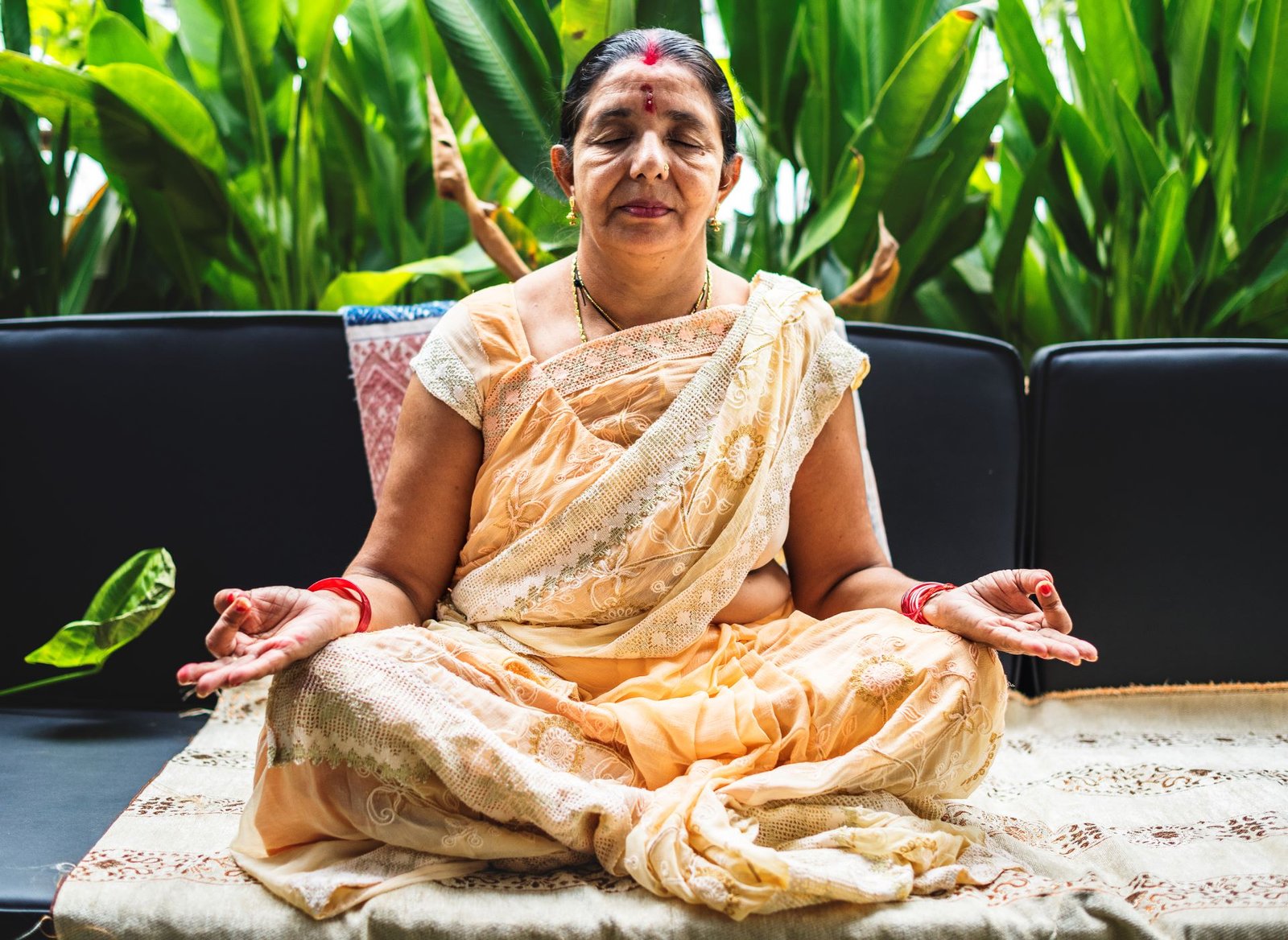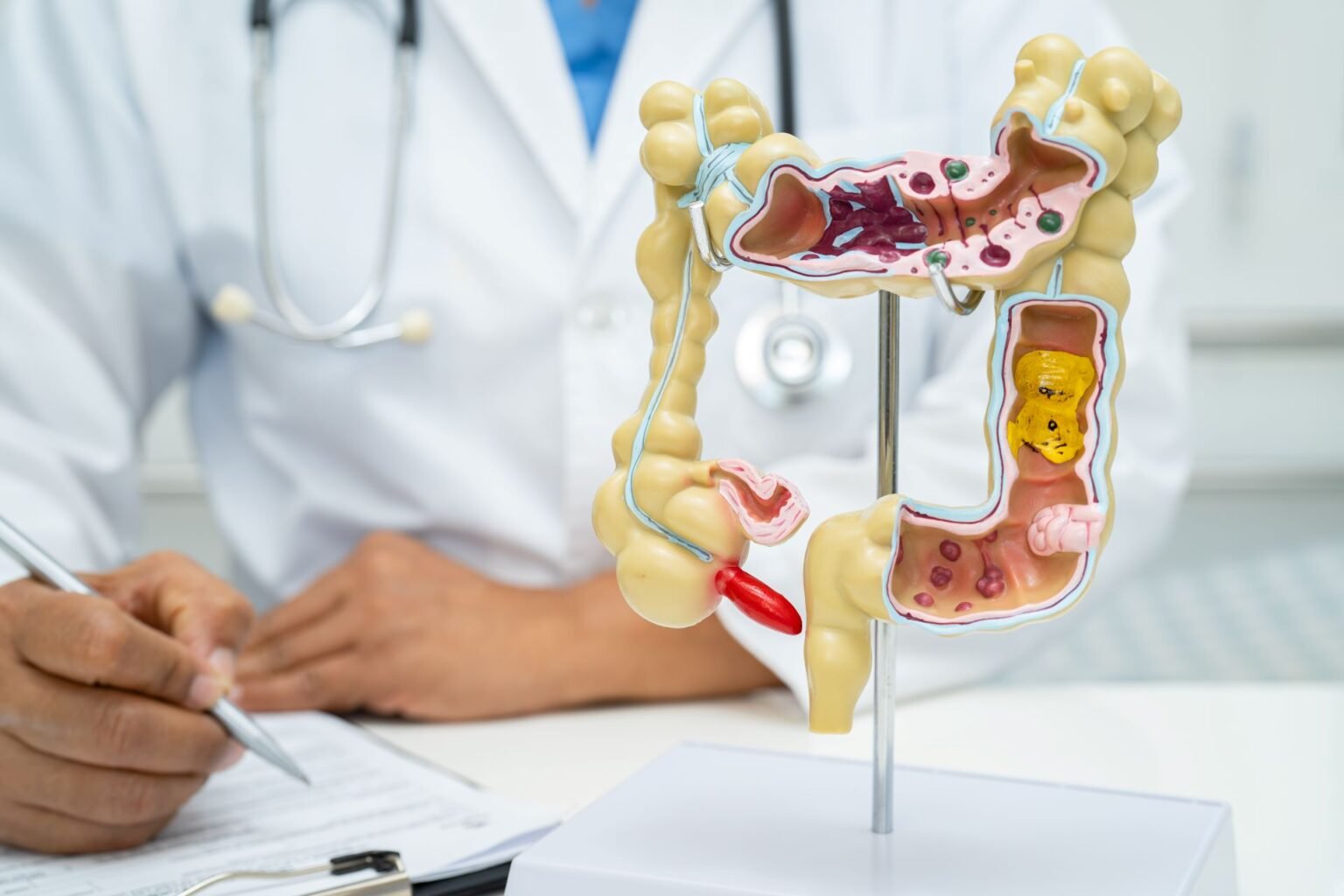Colon cancer, also known as colorectal cancer, is a type of cancer that originates in the colon or the rectum. Colon or the rectum is part of the large intestine and typically begins as small, non-cancerous sessile or pedunculated growth called polyps. Polyps begins in the inner lining of colon or rectum. Gradually, over time some polyp accumulate additional mutations that lead into cancerous transformation.
How is colon cancer diagnosed?
Diagnosis of colon cancer or colorectal cancer is through a combination of screening tests, diagnostic imaging, and biopsy. Further is described methods that is used to diagnose colon cancer:
A) Screening Tests:
1) Colonoscopy: Colonoscopy is one of the most important and valuable non-invasive diagnostic procedure for detection of colon cancer. A colonoscope is a flexible tube with camera is inserted into the rectum and entire colon is examined. If polyp or abnormal lesion is visualized during the procedure then it is excised and the sample is send for further testing. Small polyps can also be completely excised during colonoscopy so ameliorating the risk of its cancerous transformation.
B) Stool Tests:
1) Fecal Immunochemical Test (FIT): Fecal Immunochemical Test (FIT) helps to diagnose blood in the stool. Microscopic blood in the stool can be early sign of colon or rectal cancer.
2) Guaiac-based Fecal Occult Blood Test (gFOBT): Guaiac-based Fecal Occult Blood Test (gFOBT) also help to diagnose microscopic blood in the stool.
3) Stool DNA Test (e.g., Cologuard): Stool DNA Test helps to evaluate DNA markers associated colon cancer and blood in the stool.
C) Imaging Tests:
1) CT Colonography (Virtual Colonoscopy): CT Colonography helps to virtually visualize the colon and the rectum, and to further evaluate polyps or any other abnormalities, CT Colonography is less invasive than Colonoscopy and does not provide an opportunity for tissue removal.
2) Barium Enema (Lower Gastrointestinal Tract X-Ray): Barium Enema is a contrast dye that helps to outline the colon and the rectum on the x-ray. This is less invasive and but also less commonly used diagnostic tool.
D) Biopsy:
During colonoscopy if any suspicious polyp or abnormal lesion is found then a tissue sample is taken and further examined under the microscope to detect any form of cancerous cells.
E) Blood Tests:
1) Carcinoembryonic Antigen (CEA) Test: Carcinoembryonic Antigen (CEA) level is a protein that can be elevated in people with colon cancer. Carcinoembryonic Antigen (CEA) is monitored to measure the effectiveness of the treatment, and further pre-treatment high values may suggests poor prognosis.
F) Genetic Testing:
If family history of colon cancer is present then genetic testing may help to identify hereditary cancer syndromes like Lynch Syndrome or Familial Adenomatous Polyposis (FAP). This hereditary genetic syndrome increases an individual risk to colon cancer. Early detection through periodic screening, especially after the age of 45 year or earlier can significantly increase the prognosis of colon cancer.
Treatment of Colon Cancer through Ayurveda
Dr. Ravi Gupta, Ayurveda Cancer Consultant specializes in a traditional Ayurvedic approach toward treatment of colon cancer through Ayurveda. Dr. Ravi Gupta toward treatment of colon cancer as follows:
A) Personalized Herbal Formulations: Dr. Ravi Gupta advises and prescribes certain Ayurvedic Medicinal Herbs having anti-cancer properties. Ayurvedic herbs like Ashwagandha (Withania somnifera), Turmeric (Curcuma longa), and Guduchi (Tinospora cordifolia) is predominantly used in preparing different Ayurvedic Formulation for colon cancer. These formulation can help in managing disease and symptoms related to colon cancer. It can also help in managing the imbalance of the doshas and can help in ameliorating colon cancer.
B) Rasayana Therapy (Rejuvenation Therapy): Dr. Ravi Gupta, Ayurveda Cancer Consultant advised immune strengthening traditional Ayurvedic formulation that helps to rejuvenate the body, strengthen the immune system, and slow down the cancer progression. Strengthening the immune system is crucial in treatment of colon cancer.
Certain Ayurvedic Rasayana Formulations like Chyawanprash Avaleha and Kushamanda Avaleha contain great anti-inflammatory and anti-oxidants compounds. Rasayana Therapy helps to improve energy level and bala in colon cancer patients. It also helps to improve fatigue and overall well-being in colon cancer patients.
C) Dietary Therapy: Dr. Ravi Gupta, Ayurveda Cancer Consultant strongly believes and advocates Sattvic diet in colon cancer patients. His diet plan includes laghu and supachya ahara, seasonal fresh fruits, green leafy vegetables, and mix whole grains. Dr. Ravi Gupta always advised six rasatmak aharas and it helps to balance the digestive agni or fire.

D) Mind-Body Therapies: Dr. Ravi Gupta strongly advocates meditation and pranayama in cancer patients. This includes guided visualization and deep breathing exercises and further helps to reduce stress, improve mental clarity, and improves emotional well-being of cancer patients. For Colon Cancer treatment through Ayurveda, Kindly connect at +91-9819274611.

